The Left is absolutely silent about the brutal killing of Jozsef Sebestyen, a Hungarian man from Transcarpathia. As has been reported, Ukrainians beat to death the Hungarian father of two from Transcarpathia during a forced conscription action.
The Ukrainian abductors beat the man with an iron rod after capturing him, forcing him into a van, and taking him to a recruitment center.
They told his family members that “everything was fine.” The captured man later died from his injuries. All this did not cross the threshold of concern for domestic left-wing politicians;
even Ferenc Gelencser, who frequently visits Ukraine, has so far felt no compulsion to speak out against the Ukrainian recruitment brutality.
Tisza Party activists did not remain completely silent, but their statements were quite shocking. At the party’s congress in Nagykanizsa, attendees remarked that for the next two months, the media would surely shout about how a Hungarian was beaten to death. One person tried to defend Tisza Party chief Peter Magyar’s pro-Ukraine policy by claiming it was uncertain if the recruiting officers had committed any wrongdoing, as there was “no evidence” for that.
Meanwhile, the usually eager civil organizations that regularly fight for the rule of law also did not express any outrage. Apparently,
neither the Hungarian Civil Liberties Union (HCLU/TASZ), Amnesty International, nor the Helsinki Committee rushed to Brussels to demand legal remedy for Jozsef Sebestyen’s murder.
Regarding the reasons for this silence, Janos Zila, analyst at the Center for Fundamental Rights, said that political actors opposed to the Hungarian government are clearly trying to divert attention from the issue because they have recently sided with Ukraine, becoming allies of the Zelensky regime, and which, in turn, the Ukrainian military leadership strongly hopes will win next year's parliamentary elections in Hungary. “The statements of politicians and activists arriving at the recent Tisza Party congress clearly show that not even the death of a Hungarian citizen can move them from this position,” Zila stated. According to the analyst,
their silence and denial of the facts also mean that they would not oppose Ukraine’s EU accession if in government, although from the moment of Jozsef Sebestyen’s death, for any Hungarian political entity, this is no longer just a political opinion or stance but a question of fundamental morality.
“There is only a political explanation for why those opposing the government are quicker to doubt what they see with their own eyes regarding Jozsef Sebestyen’s death rather than question the claims of the Ukrainian leadership,” he emphasized. Zila added that people like Andras Racz keep insisting that the information is contradictory, even though it is not our available knowledge that is contradictory, but rather the Ukrainian claims cannot be reconciled with the facts that have been made public.


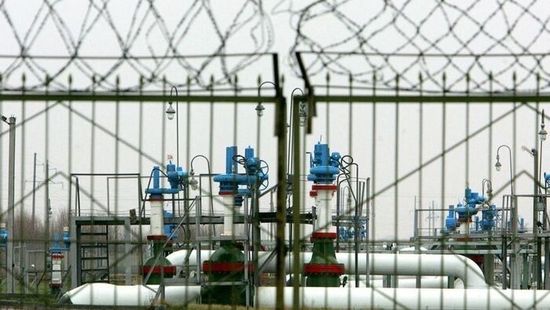
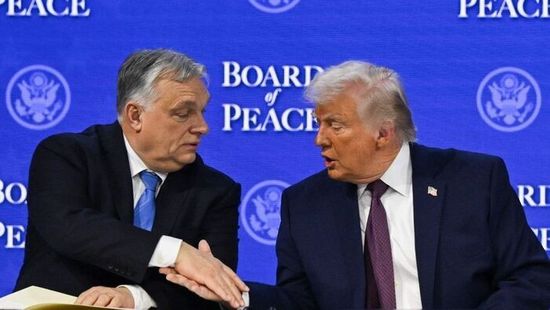

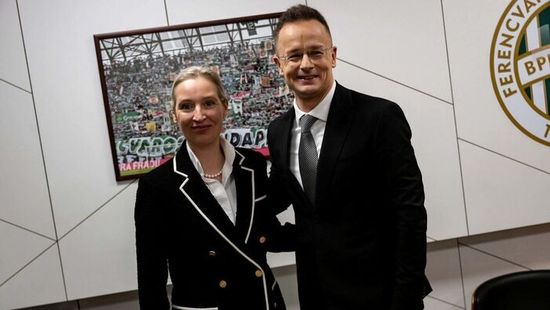







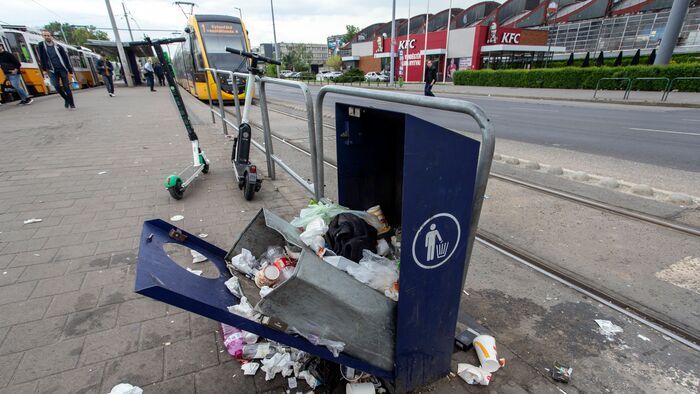
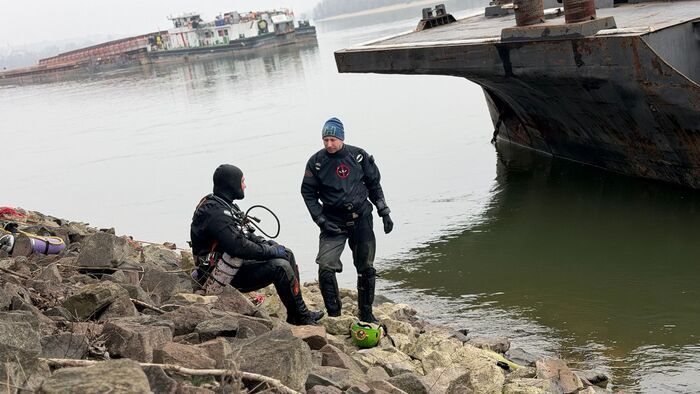
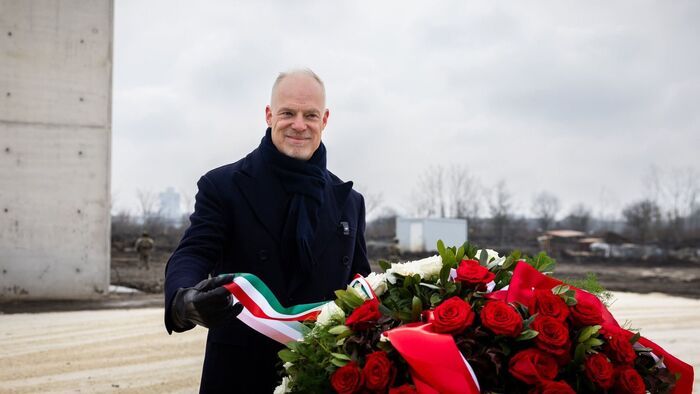

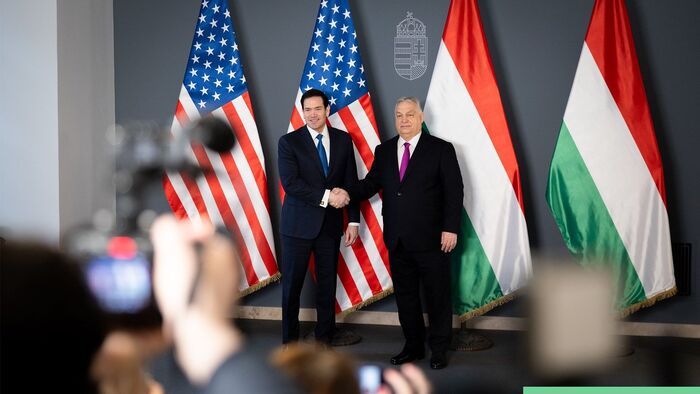
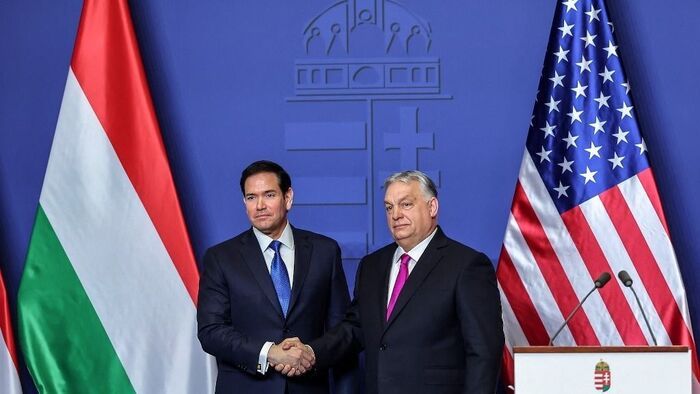





Szóljon hozzá!
Jelenleg csak a hozzászólások egy kis részét látja. Hozzászóláshoz és a további kommentek megtekintéséhez lépjen be, vagy regisztráljon!